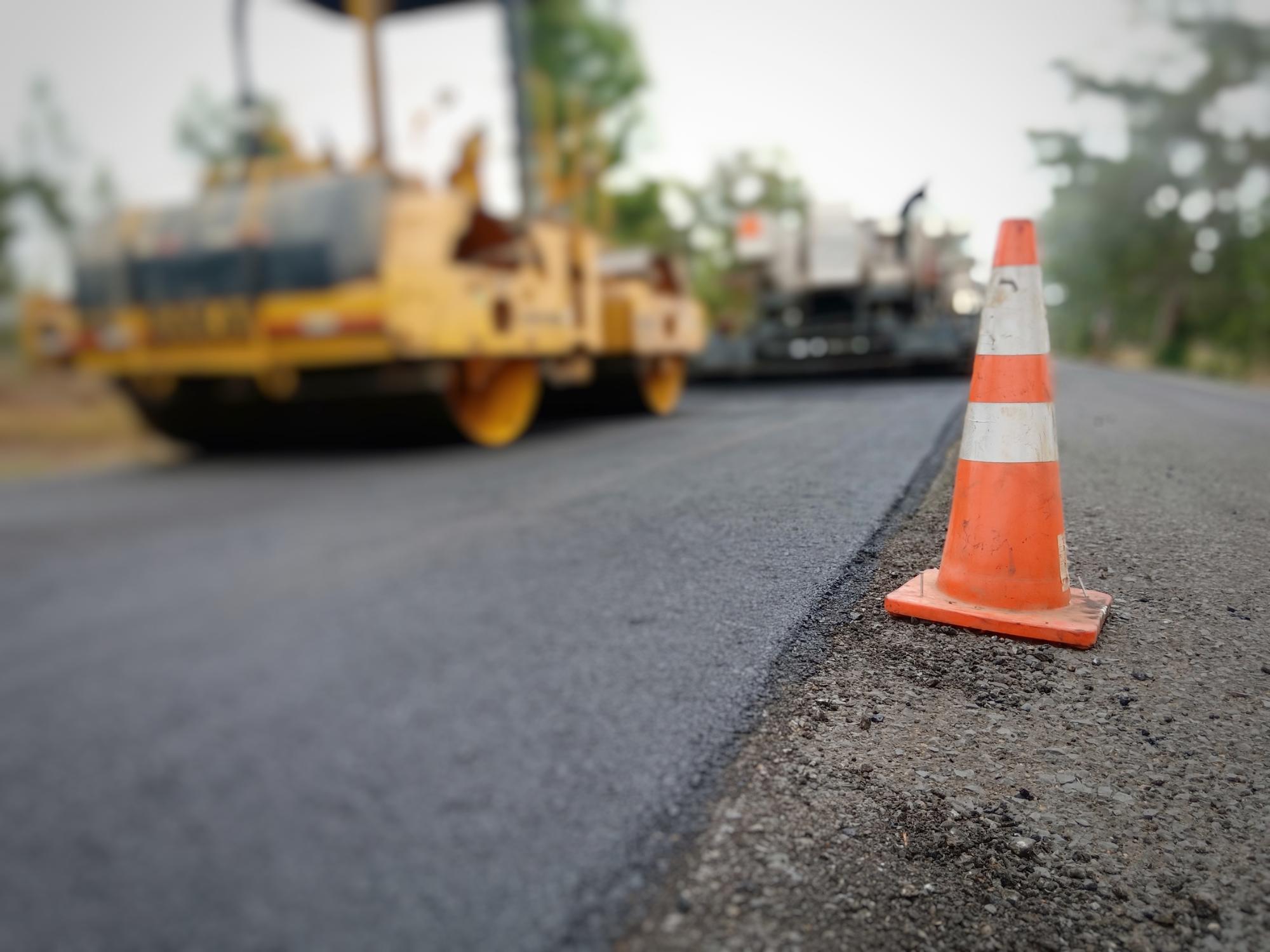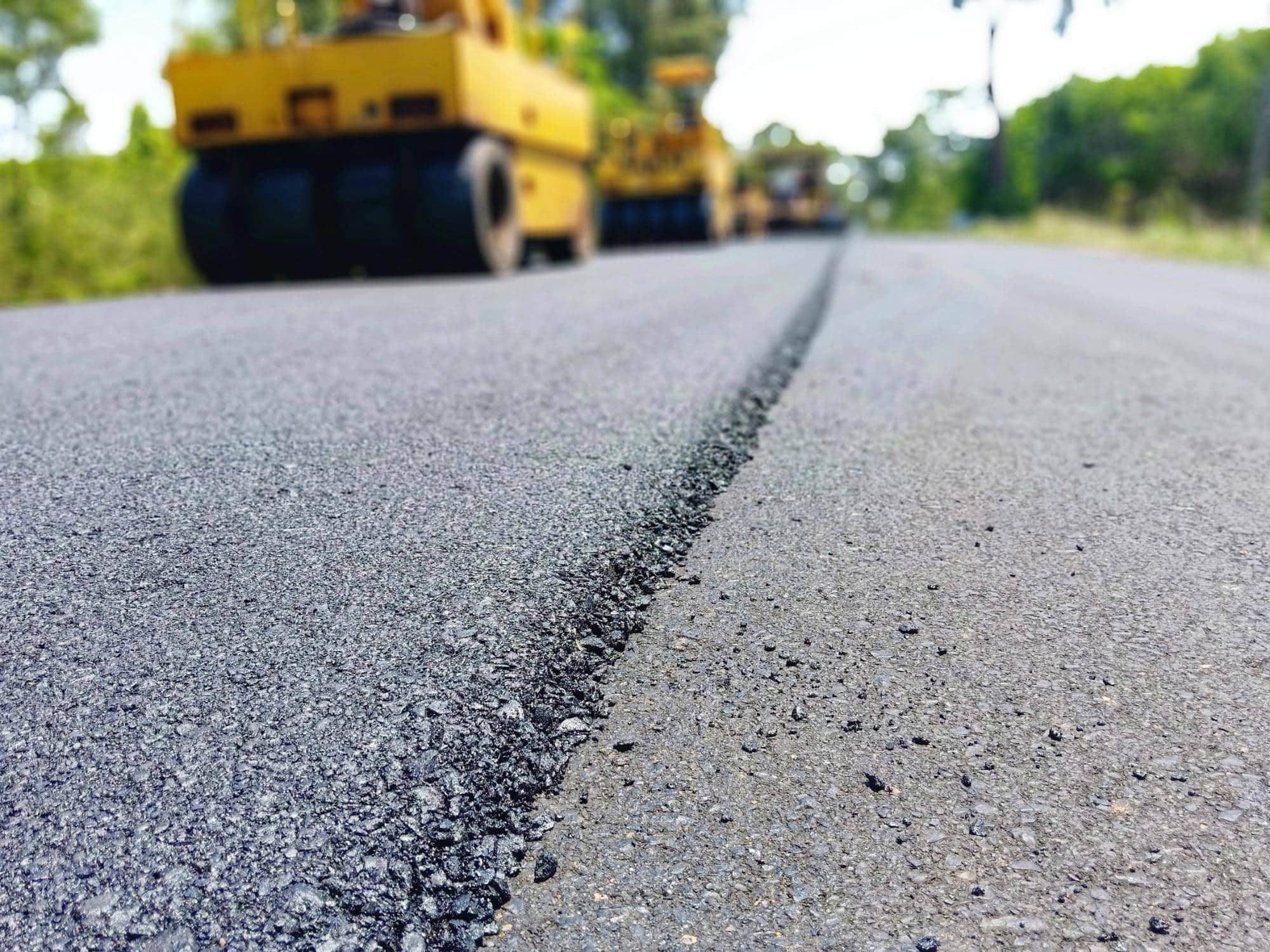- 631-796-2804
- [email protected]
- Mon - Fri: 6:30AM - 5PM
Professional paving and repair services that handle Long Island weather without constant headaches.

Hear from Our Customers

Your driveway shouldn’t be a source of stress every time you pull in. When asphalt is installed correctly with proper materials, you get smooth surfaces that drain properly and handle whatever Long Island weather throws at them.
No more dodging potholes or watching water pool near your foundation. No more wondering if that crack is going to turn into a major problem next winter. Just reliable pavement that does its job year after year.
The difference shows up in your daily routine. Easy snow removal in winter. No scraping your car’s undercarriage on uneven surfaces. Visitors who can actually park without navigating an obstacle course.
All Purpose Paving has been handling asphalt projects throughout Elwood and Long Island for years. We understand local soil conditions, drainage requirements, and how to build surfaces that survive Northeast winters.
Every project gets the same approach: proper preparation, quality materials, and installation that follows proven methods. No shortcuts, no experimenting with your property.
We focus on residential driveways and commercial parking areas where precision matters. When you’re investing in asphalt work, you want contractors who’ve done it before and know what works in this area.

First, we properly evaluate and prepare the existing surface. This means removing old materials if needed and grading for proper drainage. Most problems with asphalt start with poor foundation work, so we make sure this step gets done right.
Next comes the base layer installation and compaction. We apply the asphalt at proper thickness for your specific use – residential driveways need different specs than commercial parking lots. Temperature and weather conditions determine timing.
Final compaction and finishing create the smooth surface you’ll drive on. We seal edges properly and apply any necessary markings or striping. You’ll know exactly when the surface is ready for use and what to expect during the curing process.

Ready to get started?
Every asphalt project includes proper site preparation, quality materials rated for Long Island conditions, and installation that meets local requirements. You get clear communication about timeline, weather delays, and what to expect each day.
Residential driveway work includes proper grading for drainage, appropriate thickness for regular vehicle use, and clean edges that connect properly to existing surfaces. Commercial projects get heavier-duty specifications designed for truck traffic and frequent use.
Our repair services address the actual cause of problems, not just surface symptoms. Crack sealing, patching, and resurfacing options depend on current conditions and your long-term plans for the property. You’ll understand what’s needed and why before any work begins.


We are a family owned and operated paving contractor servicing customers on the East end of Long Island. We specialize in all phases of paving from start to finish.